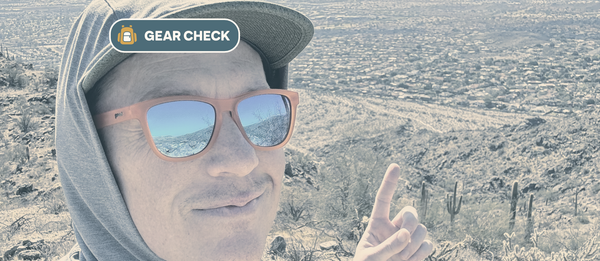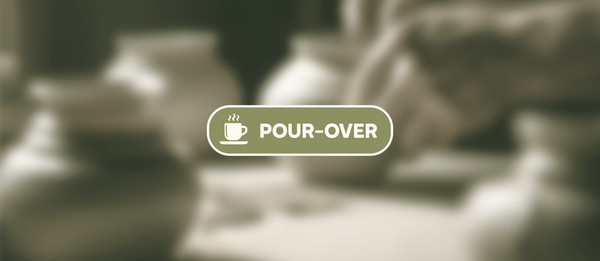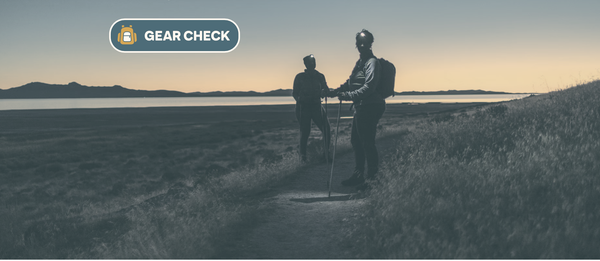Pack Light
Jesus sent his disciples with nothing but trust in God’s provision. Learn to travel light in faith, let go of what weighs you down, and discover the freedom and fruitfulness of an unburdened life.
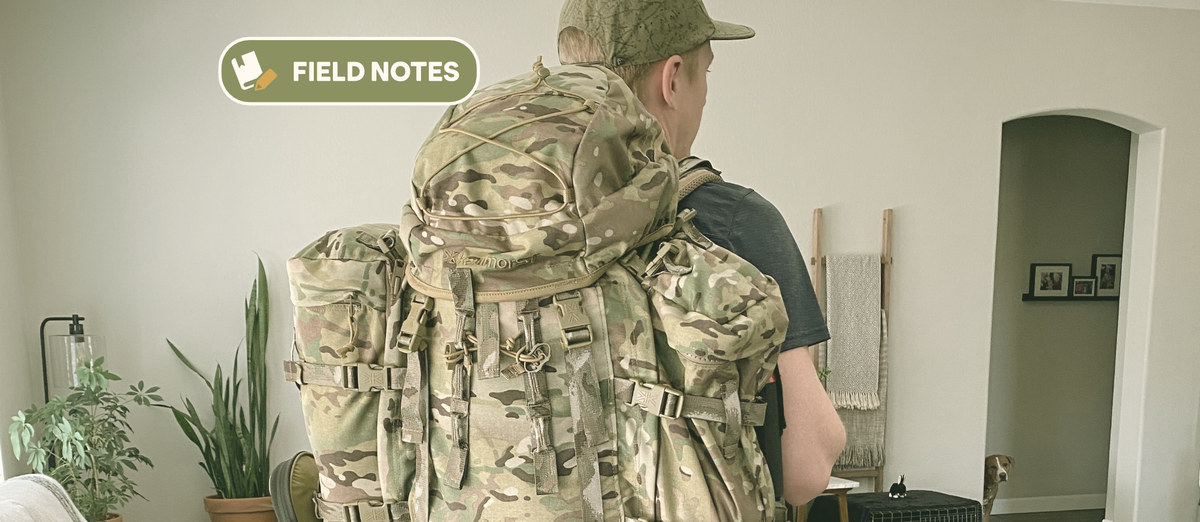
My first real backpacking trip was a masterclass in overpacking. I hauled a pack that weighed more empty than half the weight of my entire setup today. Inside was a water filter the size of a thermos, a tangled mess of pots and pans I never used, and an ACTUAL kitchen sink — just in case.
Every step on that trail was a chore. Instead of enjoying the views, I was just focused on the ache in my shoulders and the next place I could sit down. That trip taught me a non-negotiable rule of the trail: what you carry determines how you travel.
I’ve learned the same’s true for the walk of faith. We tend to haul around spiritual baggage we don’t need, and it makes the journey a grind. Jesus’ words in Luke 9:3 cut right through that tendency:
“Take nothing for your journey — no staff, nor bag, nor bread, nor money; and do not have two tunics.”
Jesus’ Packing List
When Jesus sent the Twelve out, it wasn’t just about traveling light for efficiency. It was a radical invitation into God’s abundance. They could leave their bread behind because they trusted the Lord to provide.
This wasn’t just about letting go of self-reliance — it was about increasing their availability. A disciple not weighed down by baggage is free to serve, to engage, and to be fruitful in the lives of the people they meet. The weight of unnecessary gear would only slow them down and drain the energy needed for the mission.
What’s Weighing You Down?
The author of Hebrews gives us the same command for our own race:
“Let us lay aside every weight, and sin which clings so closely, and let us run with endurance the race set before us” (Heb. 12:1).
Sometimes those “weights” are clearly sinful — habits or desires that pull us away from God. But other times, they’re just extra, like my unused camp kitchen. They’re good things, to be clear, but that have become distractions — draining the energy needed for true growth.
Here are a few common “overpacks”:
- Possessions — Not just greed, but a quiet dependence on stuff for security.
- Past mistakes — Regrets that keep us from living fully in the present.
- Relationship baggage — Unforgiveness or unhealthy attachments.
- Control — The refusal to trust God with the unknown.
- Commitments — Like all those “good ideas” you’ve had along the way (this one hits the closest to home, for me).
Hard to Leave It Behind
We know the load is slowing us down, but still we clutch it tightly. Some burdens feel like part of our identity — “I’ve carried this for so long, who would I be without it?” Others seem like safety nets, promising security if God doesn’t come through. Sometimes the weight is even a badge of honor, proof of how much we’ve endured. But the truth is, the longer we hold on, the more it holds on to us. Letting go feels risky, even reckless — yet it’s the only way to make room for what God really wants to give us.
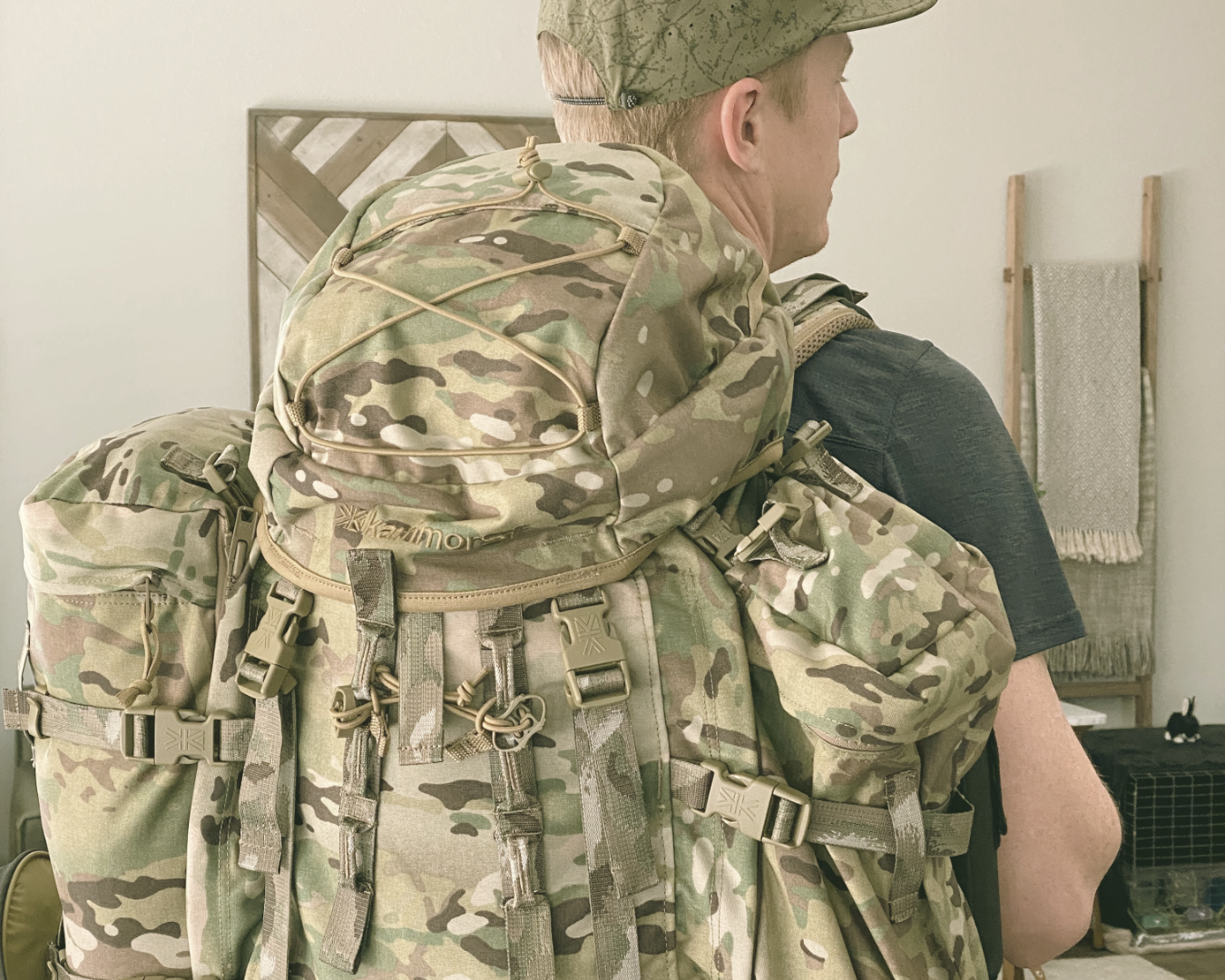
“I’ve carried this for so long, who would I be without it?”
The Vinedresser’s Knife
Now let’s switch the metaphor to gardening. In John 15, Jesus says the Father “prunes every branch that does bear fruit, that it may bear more fruit.” Contrary to how it may feel at the time, pruning isn’t punishment — it’s God’s investment in our future fruitfulness.
My wife has the green thumb in our family. She’s always cutting away overgrown parts of our plants to make room for healthier growth. God does the same in our lives, but his goal is specific. In addition to removing bad things, he’s also lovingly removing good things that distract our energy from the best things — love, joy, peace, and patience. Every cut is designed to redirect our strength toward bearing more fruit.
The Freedom of Traveling Light
A hiker with a light pack can move quickly, climb higher, and actually enjoy the view. Spiritually, it’s the same. When we release what we don’t need:
- We become more available to God’s direction.
- We move through life with greater joy and endurance.
- We have more energy and focus to invest in others.
- We focus more clearly on what matters most.
Jesus isn’t just trimming our load to make things easier — he’s lightening it so we can follow him farther and more fruitfully.
Packing List for the Journey
Take With You:
- Faith
- Hope
- Love
- Scripture
- Prayer
- A supportive community
Leave Behind:
- Self-reliance
- Bitterness
- Greed
- Anxiety
- Control
- Old grudges
A Challenge for This Week
The first step of any good journey happens before you even hit the trail. It’s the moment you look at everything you could bring and intentionally choose what to leave behind.
This week, identify one thing you need to take out of your pack — a weight, a sin, or a distraction — and release it. Do it not just for your own freedom, but for the sake of the fruit God wants to grow through you. It might mean a conversation, a decision, or a quiet moment of surrender in prayer.
Remember, Jesus’ yoke is easy, his burden is light, and his way is always worth the walk.
Key Passages for the Trail
These verses show us that following Jesus sometimes means carrying less, not more. They remind us that the journey is lighter and freer when we release what weighs us down and trust him to provide along the way.
- Luke 9:3 — Jesus sends out the disciples with nothing extra, teaching them to rely on God’s provision.
- Hebrews 12:1-2 — Throw off everything that hinders and run with endurance, keeping your eyes on Jesus.
- Matthew 6:19-21 — Don’t store up earthly treasures; invest in what lasts forever.
- Philippians 3:7-8 — Count all things as loss compared to knowing Christ.
- 1 Peter 5:7 — Cast all your anxieties on him, because he cares for you.


